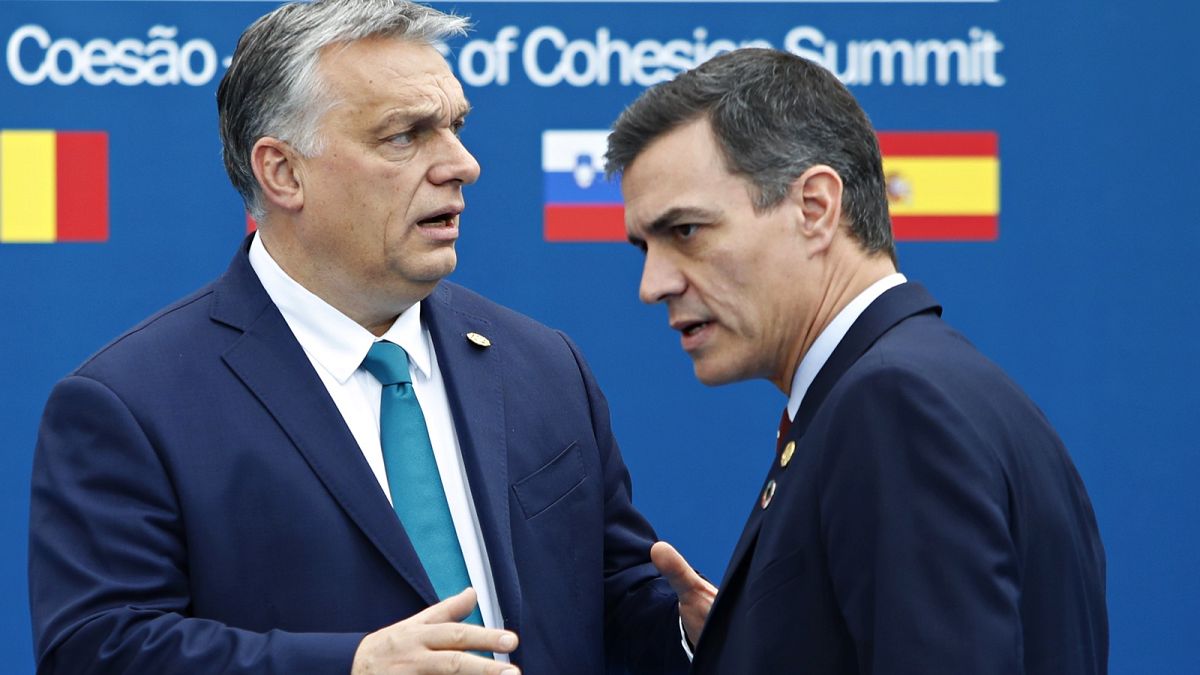The European Commission has backed Spain’s decision to veto a Hungarian bid to acquire the Spanish train manufacturer Talgo. The Spanish government blocked the 100% acquisition by a Hungarian consortium, citing concerns about national security and public order. The Commission stated that member states have the right to restrict single market freedoms on public security grounds, as long as these measures are justified and proportionate. The failed transaction was worth €619 million and the Spanish government expressed concerns about the Hungarian consortium’s links with the government of Viktor Orbán and with Russia’s largest manufacturer of trains and rail equipment.
Madrid’s decision to veto the acquisition has sparked a geopolitical dimension, with fears of diminishing confidence in the single market as a result of Hungary’s ties with Russia. The European Commission clarified that it does not need to approve Spain’s decision to veto the acquisition, as it falls under the prerogative of member states. The move by Spain is unusual, as business transactions between EU member states are typically uncontroversial. However, intense scrutiny has been placed on investments from non-EU companies, particularly from China, in critical fields.
Ganz MagVag, the Hungarian consortium, has announced plans to take legal action and bring the issue to Brussels following the veto. The consortium’s potential ties to Russia and the Hungarian government have raised concerns about the acquisition of Talgo’s proprietary technology. The possibility of Russia gaining access to this technology, which allows locomotives to change track gauges, has become a focal point of the dispute. The European Commission has not been contacted by the parties involved in the acquisition, both before and after Spain’s decision to veto the transaction.
In addition to the concerns raised about national security and public order, the veto by Spain has also been linked to Hungary’s growing ties with Russia. Viktor Orbán’s recent visit to Moscow to meet with Vladimir Putin sparked criticism and a boycott of Hungary’s presidency of the Council of the EU. The decision by Budapest to relax visa requirements for Russian and Belarusian guest workers has also drawn criticism from Brussels, with concerns about potential security risks for the Schengen Area. The move has further exacerbated tensions between Hungary and the EU over their differing approaches to foreign and security policies.
The failed acquisition of Talgo highlights the complex interplay between national security concerns, geopolitical considerations, and economic interests within the European Union. The European Commission’s support for Spain’s decision reflects the principle of member states’ right to restrict single market freedoms on public security grounds. As the dispute between Spain and Hungary continues to unfold, the repercussions for transnational business transactions and EU cohesion remain uncertain. The incident serves as a reminder of the challenges and complexities inherent in navigating the economic and political landscape of the European Union.











